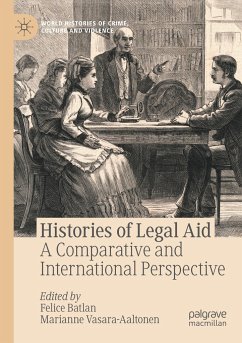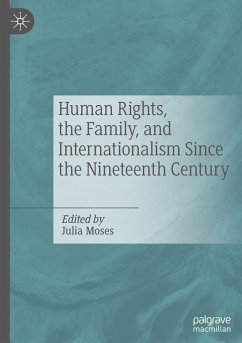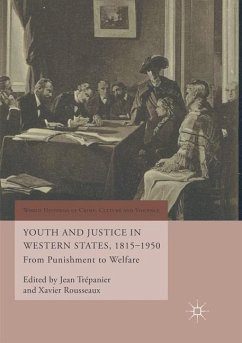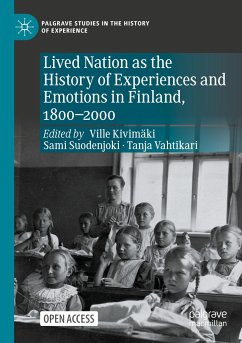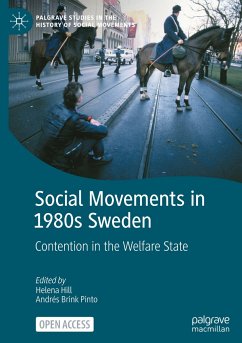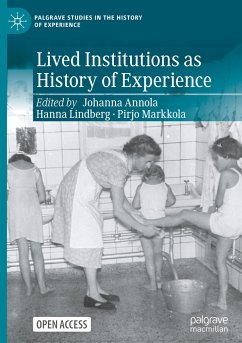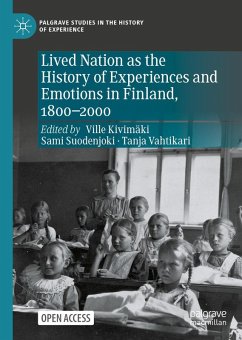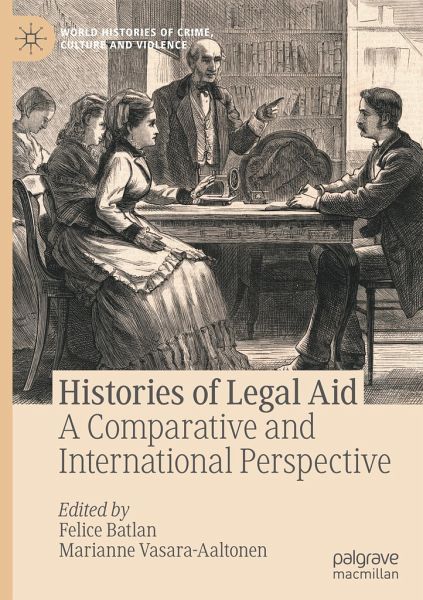
Histories of Legal Aid
A Comparative and International Perspective
Herausgegeben: Batlan, Felice; Vasara-Aaltonen, Marianne

PAYBACK Punkte
53 °P sammeln!
This book focuses on the history of the provision of legal aid and legal assistance to the poor in the nineteenth and twentieth centuries in eight different countries. It is the first such book to bring together historical work on legal aid in a comparative perspective, and allows readers to analogise and contrast historical narratives about free legal aid across countries. Legal aid developed as a result of industrialisation, urbanization, immigration, the rise of philanthropy, and what were viewed as new legal problems. Closely related, was the growing professionalisation of lawyers and the ...
This book focuses on the history of the provision of legal aid and legal assistance to the poor in the nineteenth and twentieth centuries in eight different countries. It is the first such book to bring together historical work on legal aid in a comparative perspective, and allows readers to analogise and contrast historical narratives about free legal aid across countries. Legal aid developed as a result of industrialisation, urbanization, immigration, the rise of philanthropy, and what were viewed as new legal problems. Closely related, was the growing professionalisation of lawyers and the question of what duties lawyers owed society to perform free work. Yet, legal aid providers in many countries included lay women and men, leading at times to tensions with the bar. Furthermore, legal aid often became deeply politicized, creating dramatic conflicts concerning the rights of the poor to have equal access to justice.



